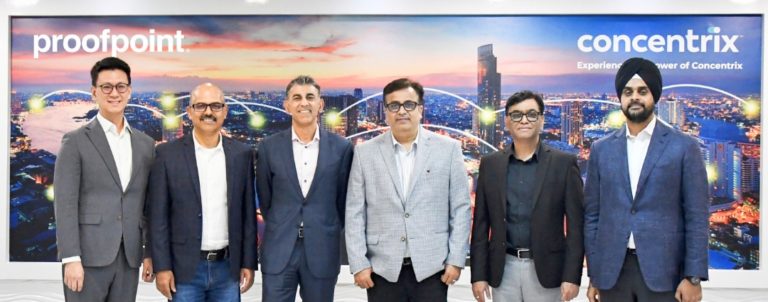Singapore – Most businesses with extensive experience in implementing generative AI express lower confidence levels in their IT, indicating that many businesses underestimate the requirements for effective AI deployment, according to a new study by MIT Technology Review Insights.
Data from the report suggest this implies that their plans for disruption may face challenges that several of them are not aware of.
Despite many businesses intending to advance their industries with generative AI, only a small portion of them also feel adequately equipped with the necessary technology, funding, culture, and skills to facilitate its adoption.
Interestingly, key findings found that executives foresee that generative AI will disrupt industries on a global scale, with six out of ten of them agreeing of its substantial disruption over the next five years.
The majority, on the other hand, do not perceive AI disruption as a risk but rather as an opportunity to be disruptors.
Around 78% of respondents, in particular, see generative AI as a competitive opportunity, and only 8% consider it a threat. A significant 65% also state that their businesses are actively exploring new and innovative ways to utilise generative AI to uncover hidden opportunities in data.
Another finding further pointed out that, despite anticipating changes, few companies went beyond experimenting with or adopting generative AI to a limited extent in 2023.
Respondents have also anticipated that the number of functions or general purposes for which they intend to deploy generative AI is expected to more than double in 2024. This anticipation foresees the frequent application of the technology in customer experience, strategic analysis, and product innovation areas by the end of 2024.
In addition, less than 30% consider the IT attributes of their companies conducive to the rapid adoption of generative AI. This suggests that companies must rectify IT deficiencies or risk failing to achieve their generative AI ambitions.
Lastly, the report also noted that other factors such as risk, budgets, competitive environment, culture, and skills can also hinder the successful utilisation of generative AI.
Geraldine Kor, managing director of South Asia and head of global enterprise at Telstra International, shared, “As the world becomes increasingly digitised and human-to-machine interactions flourish, being able to process data to drive informed real-time or near real-time business decisions is paramount.”
“When implemented successfully, this proficiency will be a game-changer for most organisations and will distinguish leaders from followers. However, building end-to-end capabilities to handle large datasets, accurately contextualise the data for business value, and ensure the responsible and ethical application of AI is extremely challenging,” explained Geraldine.
Meanwhile, Laurence Liew, director of AI innovation at AI Singapore, remarked, “Singapore, like most countries, is still in the early stages of adopting generative AI, with the technology only recently becoming available in productivity suites suitable for a wider audience. The requirements for effective implementation of generative AI include access to real datasets, AI engineers, and computer infrastructure.”
“Companies face a dilemma in accessing the necessary hardware today. Choices include outright purchase and pay-as-you-go outsourcing, both of which carry their own risks. Additionally, data quality, storage, and talent remain bottlenecks for effective deployment,” added Laurence.
“At AI Singapore, we try to address the issues of AI talent with programmes such as the AI Apprenticeship Programme (AIAP) and the LLM Application Developer Programme (LADP), both designed to help companies solve an immediate business problem in which AI could be used and also build up a pipeline of AI talents,” he concluded.
Produced in collaboration with Telstra International, this report was participated by 300 business leaders across Asia-Pacific, America, and Europe. These respondents come from information technology, data, and data engineering-related functions and represent a diverse range of industries.








